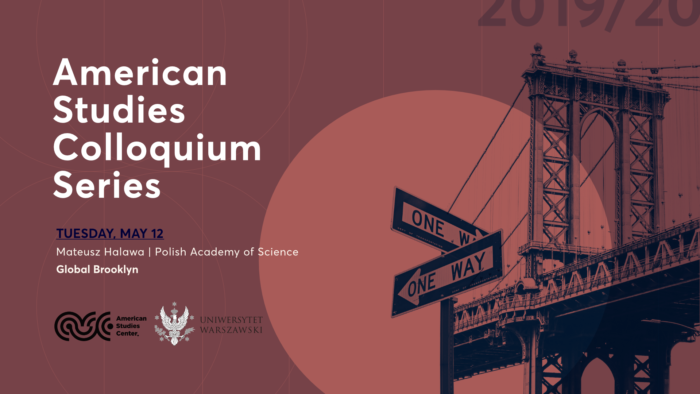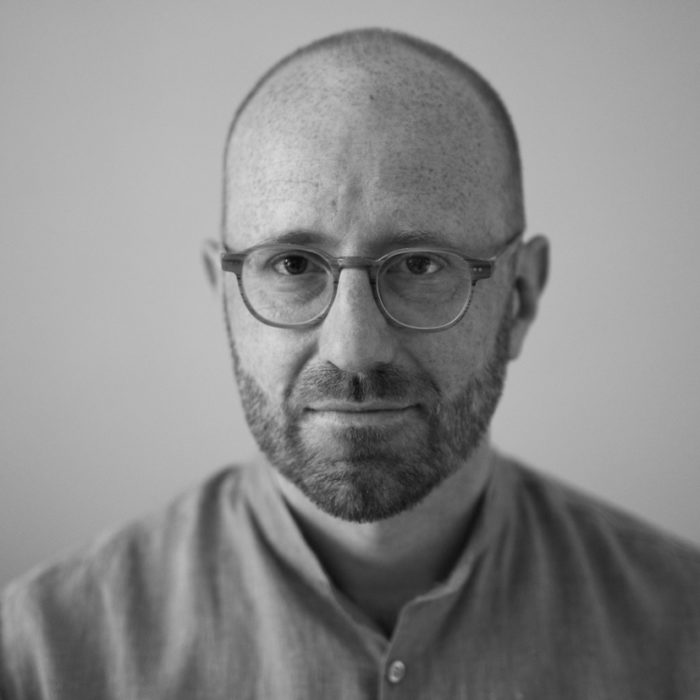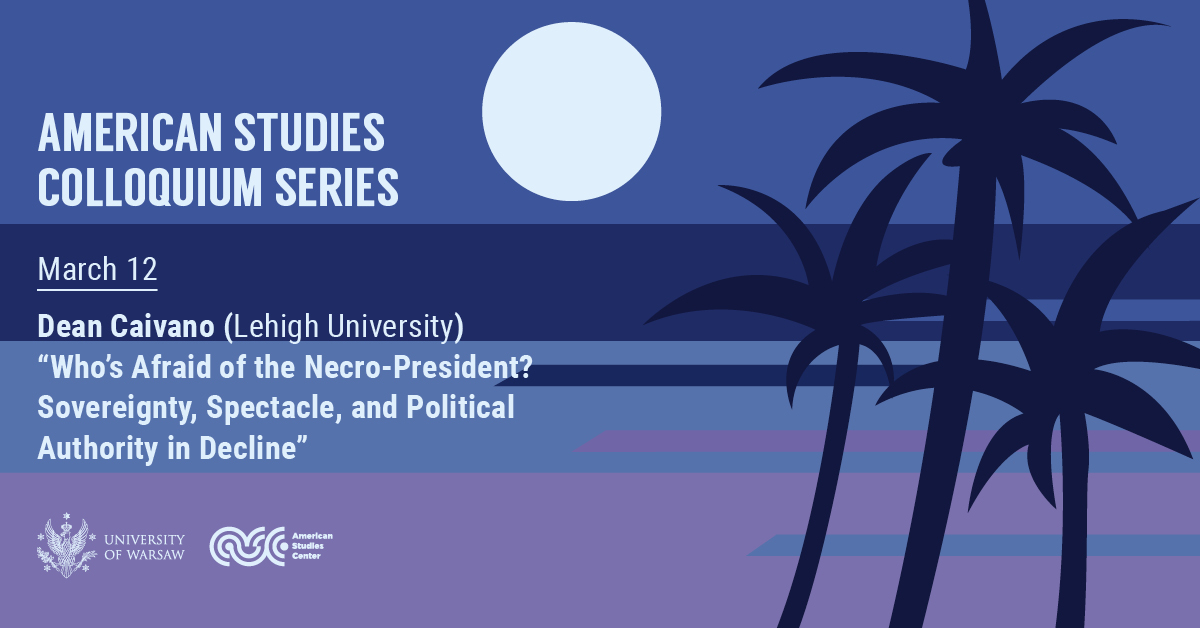We are pleased to announce an online lecture by
Mateusz Halawa
(Polish Academy of Science)
Global Brooklyn: How Instagram and Postindustrial Design Are Shaping How We Eat
This lecture is going to be a part of the
American Studies Colloquium Series,
which are running online until regular
operations are resumed!
Tuesday, May 12, 2020
at 4:00 p.m
It is still possible to get OZN points for participating
in this event! Check how to do this here.
Recording from the lecture can be sent upon request.
Write at m.usiekniewicz@uw.edu.pl.
Where?
Online on our Facebook group!

What?
A new sensibility around eating and drinking has been sweeping the world. It may taste a bit funky like kombucha, look rough like repurposed wood table, and feel honest like brewing a real cup of coffee. But it is also carefully designed and masterfully instagrammed, creating a new transnational aesthetic regime of urban consumption. Welcome to Global Brooklyn, inspired by the New York borough and influenced by many networked locations around the globe, from Mumbai to Bogota, and from Copenhagen to Cape Town, where consumers participate in an unprecedented circulation of visual styles, flavors, practices, and values. A renewed interest for authenticity, craft, and manual labor clashes with issues of gentrification, inequality, and the dynamics of a labor market that puts stability and long-terms plans in questions for the younger generations. This talk is based on a book in progress (co-edited by Fabio Parasecoli and Mateusz Halawa, under contract with Bloomsbury Academic), which not only provides a collaborative, multi-sited exploration of Global Brooklyn, but also argues for a stronger appreciation of design and materialities in shaping food cultures.
Who?

Mateusz Halawa is a researcher at the Max Planck Partner Group for the Sociology of Economic Life at the Institute of Philosophy and Sociology of the Polish Academy of Sciences and a doctoral candidate in the Department of Anthropology at The New School for Social Research in New York.




